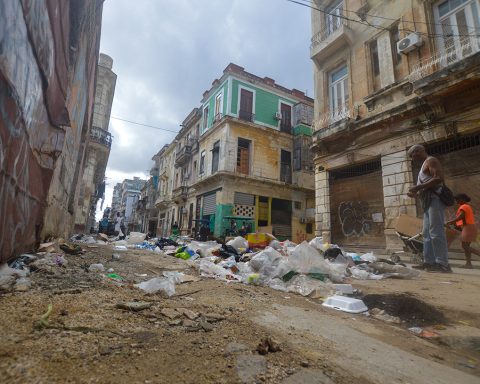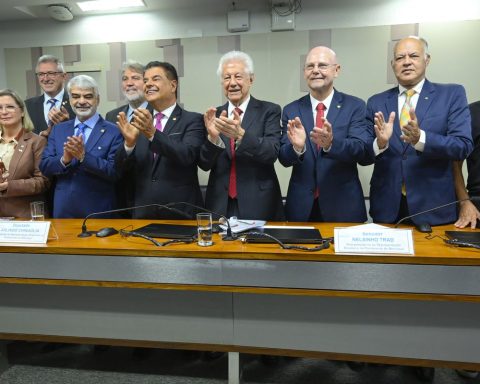Latin American financial technology firms (fintechs) and neobanks have redoubled their efforts to expand their customer bases, creating a new level of competition with traditional banksbut in the medium and long term there could be risks in that strategy.
(Further: Digital banking’s new strategy to tackle the ‘rate war’).
An analysis by Moody’s says that The gradual shift by fintechs to stable and low-cost sources of financing – by encouraging their customers to make deposits in banks – is the starting point of its change of course.
This is a trend that began in Brazil and is now gaining attention in Mexico. While fintechs’ flexible business models give them certain advantages over traditional banks, their rapidly expanding customer base will increase operational and regulatory costs due to rising rates in the region.
The study says that These startups’ adherence to stricter regulatory frameworks will limit further cost incentives and opportunities and will expose them to implementation risks as they expand their operations. And banks are shifting to digital products in Brazil, allowing them to reach underserved customers but resulting in improvements such as lower operating costs, which lowers profitability.
(Read: Banco de la República rules out having a retail-type central bank digital currency).
In addition, growing competition with banks carries risks that will affect the next phase of fintechs, as they must expand strategies and business models and strengthen funding to maintain sustainability.
Moody’s says that “In many cases, this gives them access to the main source of funding of traditional banks. The increasing complexity, scale and regulations pose risks that will slow down the next phase of fintechs in the region.”.
Portfolio File.
Regulatory oversight that accompanies growth will present challenges, as it will require a balance between adjusting financial strategies and preserving the competitive advantages that have driven fintechs.
The report notes that in Mexico, New entrants are competing for deposits in traditionally underserved segments, and innovation hubs in the financial system must reduce high transaction costs. conventional banking and if successful could disrupt banks’ interest rate dominance.
(See: Digital wallet created in the fintech market aimed at independent workers).
This approach reflects the strategies implemented by Brazilian fintechs, which after attracting millions of customers with introductory products, are now focusing on strengthening their access to retail funding, with the aim of maintaining their competitiveness against established banks, with significant and stable market shares in low-cost deposits.
In countries like Colombia, banks have left little room for new entrants when developing digital platforms.
In colombia
Moody’s says that in Chile, Colombia and Peru, banks “They have left little room for new entrants by developing internal digital platforms and partnerships that lock customers into niche markets, which also increases entry costs for startups and further consolidates their position”.
The financial landscape of Latin America has been changing significantly, as fintechs, which emerged with a focus on areas neglected by banks and which benefited from intensive growth strategies, now opt for expand their business models to attract cheaper and more stable funding, which increases competition for customer deposits.
(Further: ‘In the digital wave, many countries still have to address regulatory issues’: PayU).
And that, in the case of Colombia, is already beginning to be seen with the increase in rates that they recognize for their clients. NU Colombia, Lulo Bank or Ualáto mention just three cases.
And banks are investing in customer retention by improving their service offerings and showing increasing interest in expanding their market reach, particularly towards low-income individuals and informal sectors.
Holman Rodriguez Martinez
BRIEFCASE

















